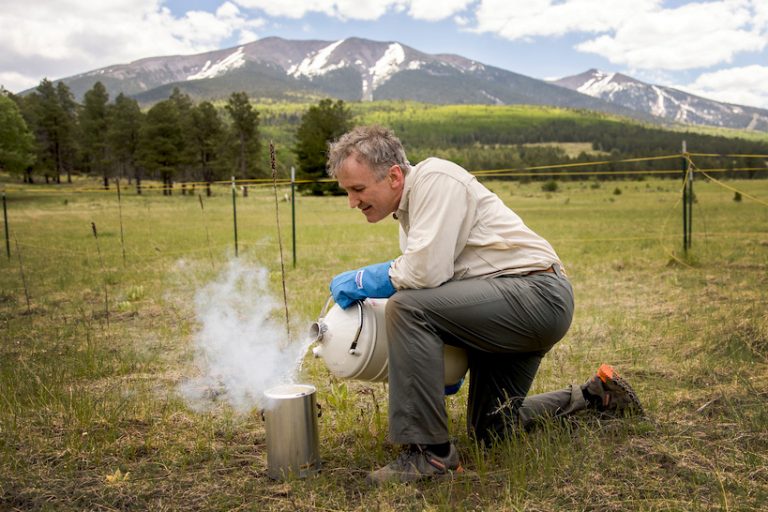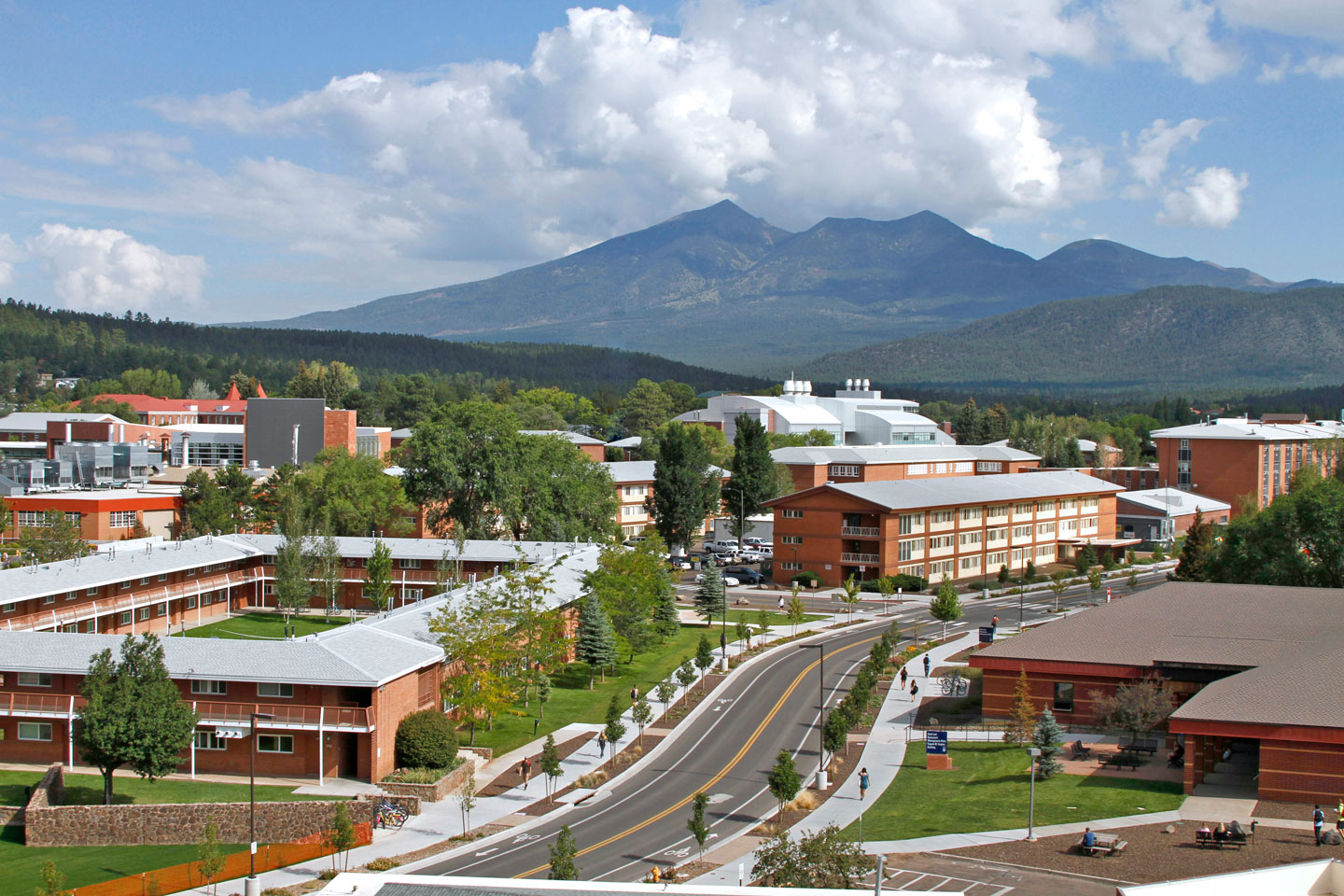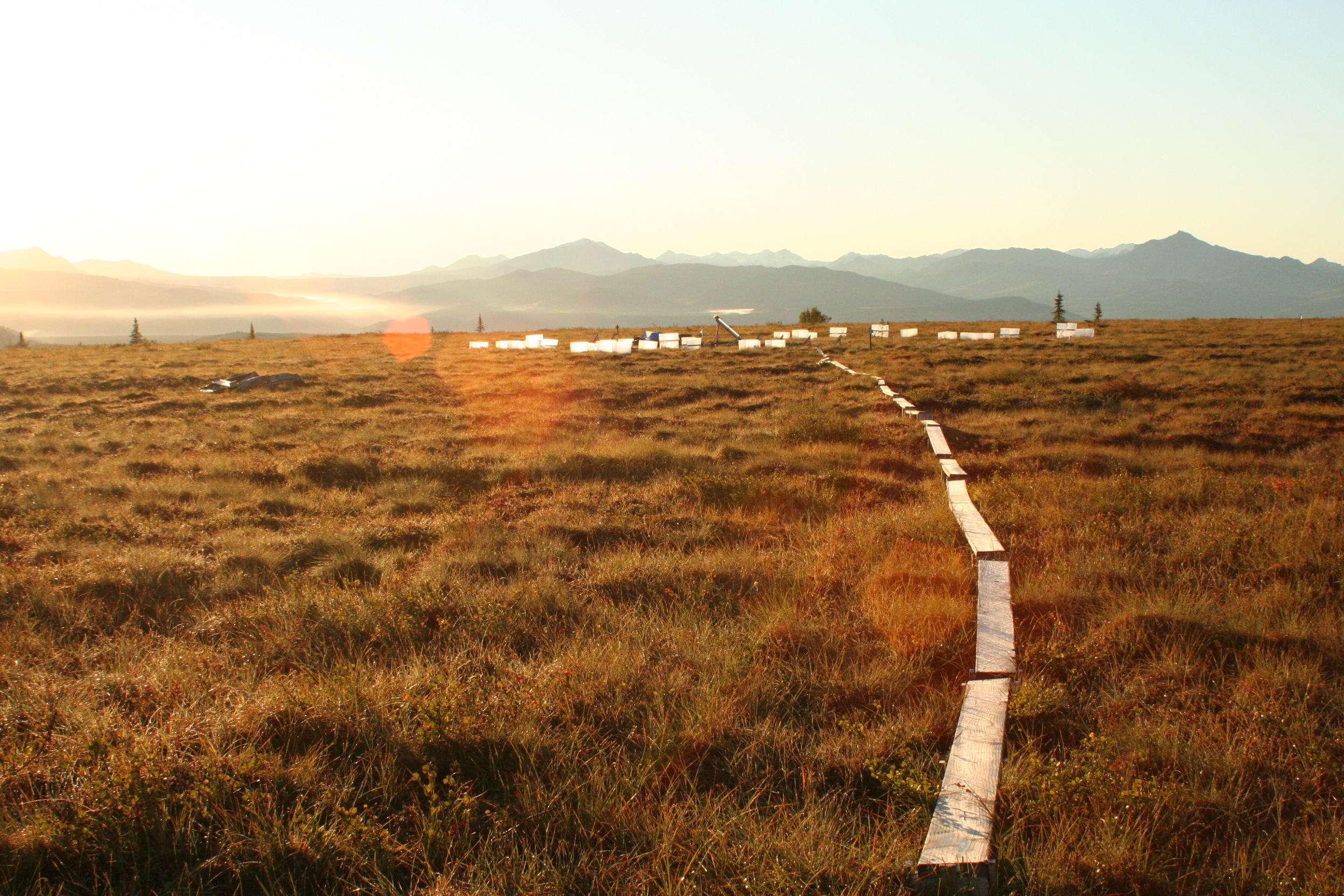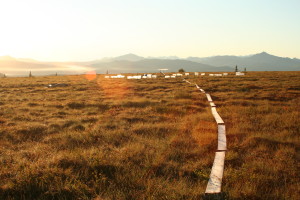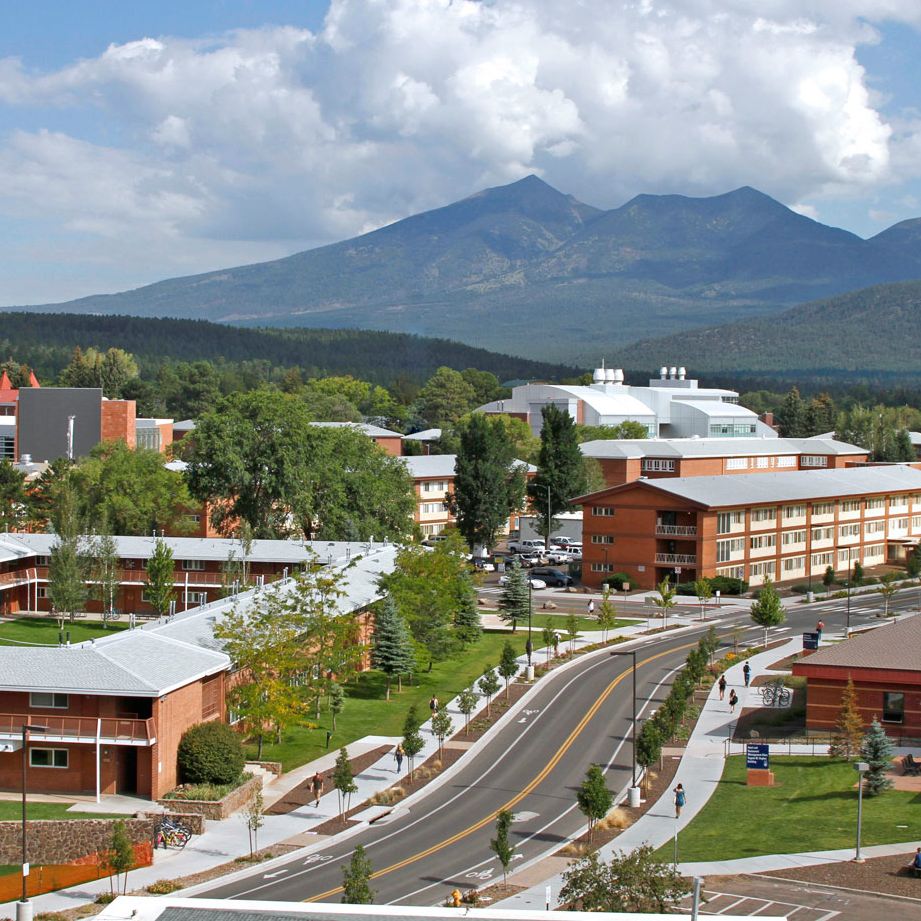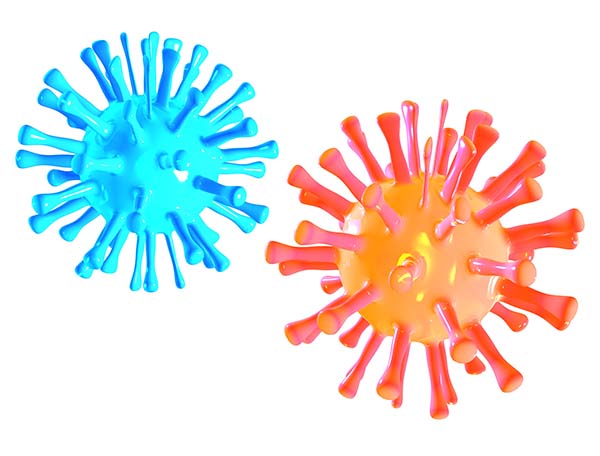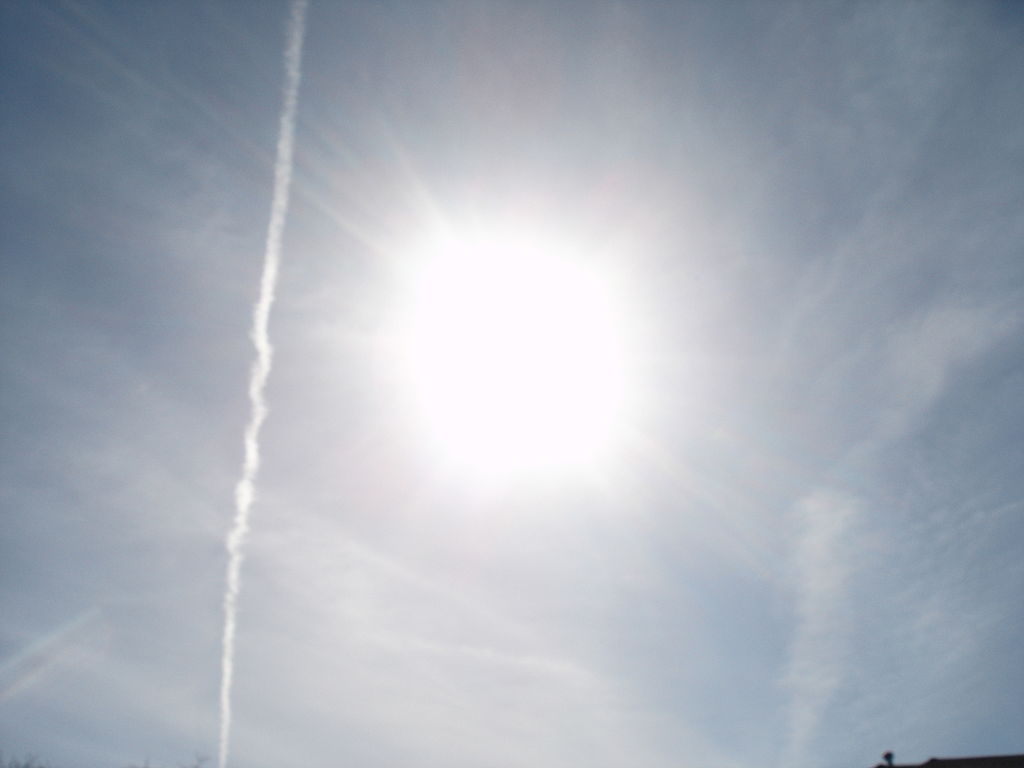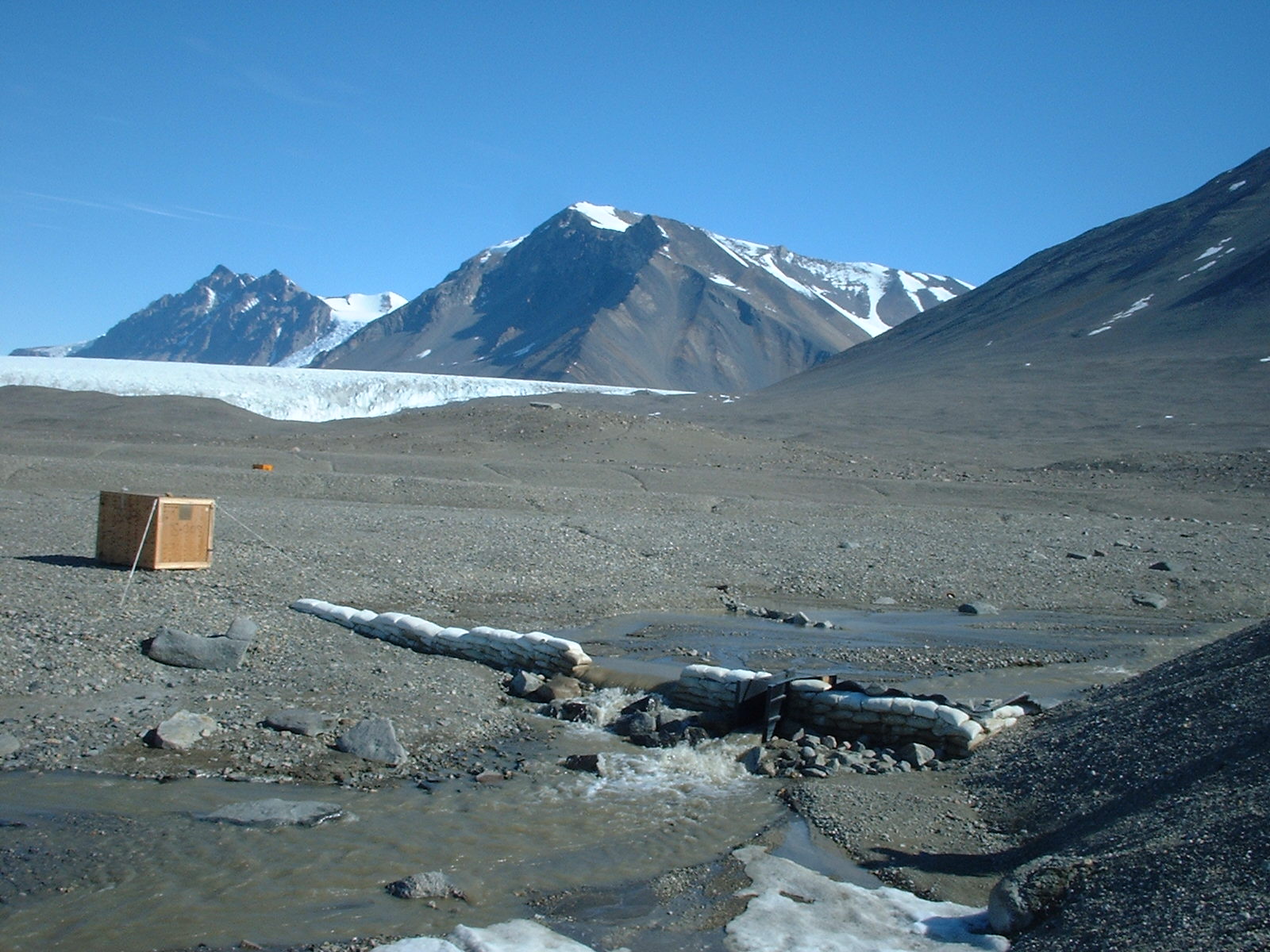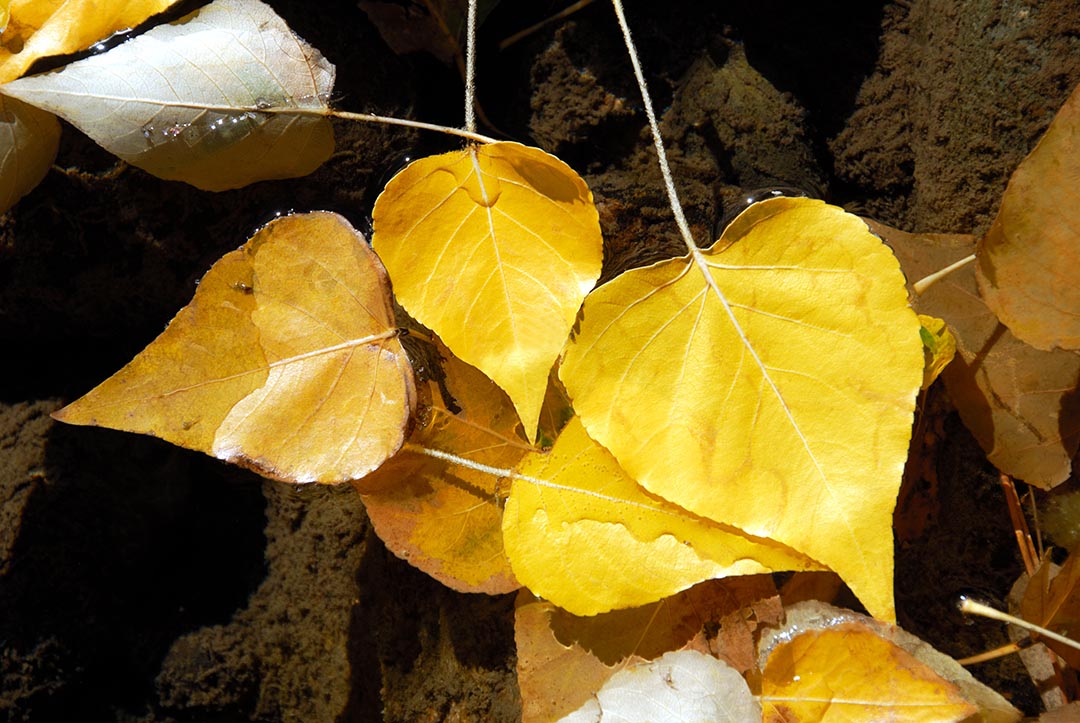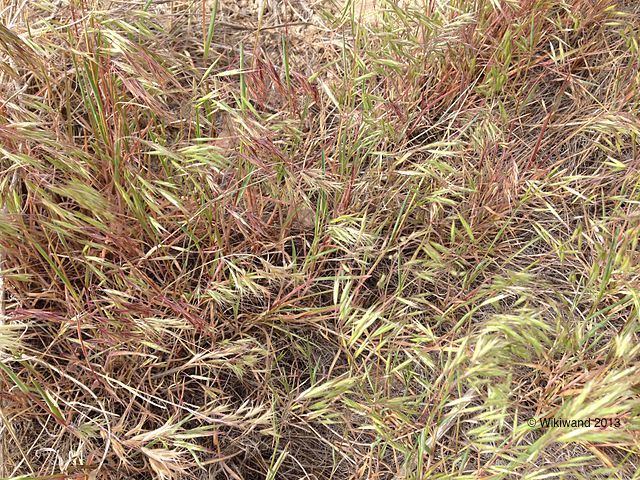NAU researchers join Department of Energy project to study the soil microbiome and its effect on carbon persistence
“NAU Regents’ Professor Bruce Hungate, director of the Center for Ecosystem Science and Society (Ecoss), recently joined a new initiative lead by LLNL to study how the soil microbiome controls the mechanisms that regulate the stabilization of the organic matter in soil. “How do different kinds of microorganisms in the soil grow? How […]
